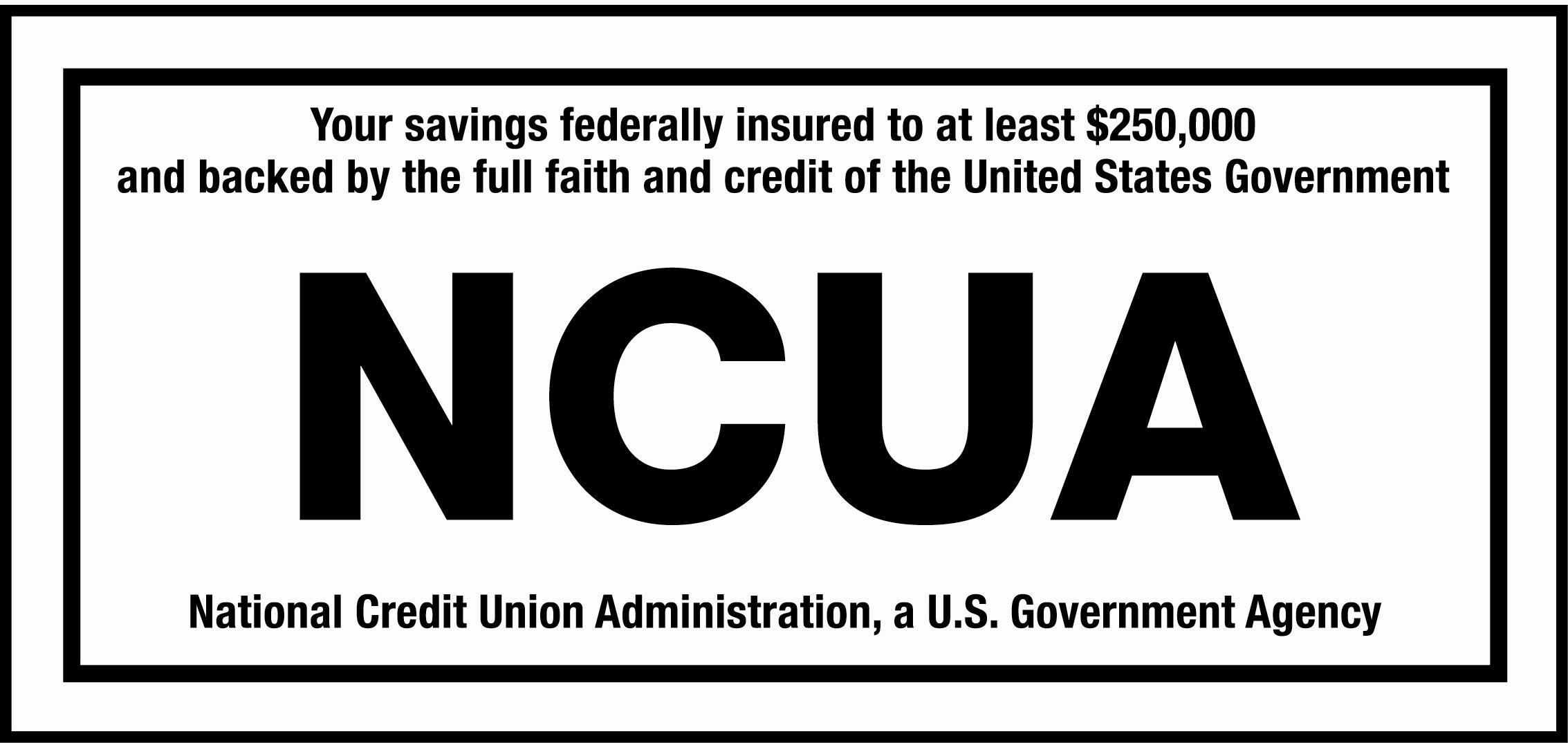Q: I’m looking to make some investments, but I don’t want to compromise my principles. How can I make investment decisions that reflect my values?
A: It’s easy to see people doing bad things in the world. Whether it’s cigarette companies marketing to minors or companies employing cheap overseas labor, corporations are certainly not free from wrongdoing. Investors can quickly get a bad taste in their mouths after researching a company they’re considering.
Fortunately, there are a number of ways investors can use their money for good. If you’re interested in doing good and making good money in the process, read on. Here are three ways to identify investments that match your values.
1.) Ethical ETFs
ETF stands for exchange traded fund. They’re a kind of mutual fund people can buy and sell in shares. There are all kinds of ETFs, from those that focus on a specific sector to those that seek a certain level of fixed income.
There are also ethically focused ETFs. For example, the largest such fund is Barclay’s Women in Leadership roles, and it currently has about $30 million in assets under management.
There are other, similar funds, like those that target low carbon emission companies, or those that adhere to certain religious values and exclude alcohol, tobacco or pornography companies. Whatever your ethical stance is, there’s an ethical ETF that can help you invest according to your principles.
Of course, sticking to your guns has costs. These funds, as a category, have trailed behind their peers in the recent market rally. Their limited exposure shields them from market declines, but it also prevents them from taking full advantage of rallies.
2.) Microlending
If your concern is more with doing the most good for people with your investment dollars, you might consider going into the microlending business. Several sites, like Lending Club and Prosper, offer you the opportunity to make loans to individuals who might have difficulty accessing traditional financial institutions. If could be because they live in an area that is underserved by banks and credit unions, or because their credit history isn’t enough for what they’re trying to borrow. For people in the developing world, for instance, access to credit services is a serious barrier to entrepreneurship that microloans can help overcome. No matter the reason, microledning helps people get loans from everyday people instead of from financial institutions.
Of course, there are significant risks involved with microlending. There’s a reason why financial institutions set standards for credit scores and debt-to-income (DTI) ratios. People trying to borrow on the microfinance sites may not be able to repay their loans. There’s also little in the way of verification. Someone might claim to need a loan to help pay for medical bills when, in actuality, they want to spend the money on luxury goods for themselves.
Despite the risks, microlending remains a viable way to use your investment dollars to achieve social good. Just be cautious about your lenders, and never invest more than you can bear to lose.
3.) Community Investment
Perhaps you’re more concerned with improving your community. you want your dollars to stay local and improve the lives of people around you. The opportunity exists for you to do just that through community investment, and it’s easier than you think.
When you become a member of Health Care Family Credit Union, you help make it possible for us to make loans to local small businesses and individuals right here in the community. Just by opening a certificate or putting a larger deposit in your share account, you can enable Health Care Family Credit Union to finance projects that make our community a better place to live.
Unlike the alternatives, community investment bears very little risk. It still offers the same goods as other forms of ethical investment. You still get a return in the form of interest and the knowledge that you’re investing according to your values.



